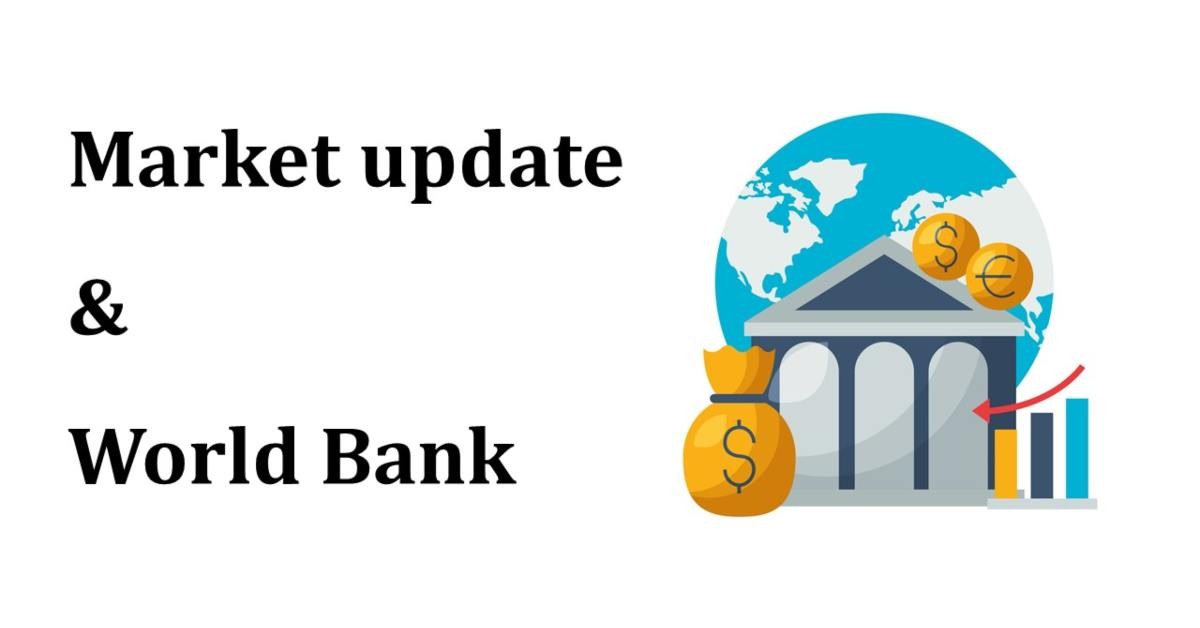World Bank downgrades global economic growth for 2020 to 2.6%
The latest report that attracted attention was the World Bank report about global economic growth. According to this report, the World Bank downgraded its forecast to 2.6% growth in 2022 compared with 4.1% estimates in the January 2022 report, which had already dropped from last year's forecasts of 5.7%. Also, it is expected that growth in emerging markets and developing economies to decline to 3.4%, down from 6.6% last year and the 2011-2019 average annual growth rate (4.8%). This report says that the risk of stagflation is increasing, and some -Read most- economies can not avoid it. On the other hand, the World Bank expects global inflation to moderate over the next year, but it could still be held above the central banks' targets. Therefore, the risk of global stagflation is heating up, and it can not violate the general forecast in this report.
After almost a 1% gain in the previous season, Mrs. Yellen's comments adversely affected the markets. The market did not react well to this report, especially in Europe, where FTSE100, DAX30, and CAC40 lost 0.2% on average in the first trading hours, while US futures also lost 0.3% on average. US Treasury Secretary Yellen admitted to misjudging the inflation situation by transitory count. However, she emphasized that the significant game-changer was Russia and Ukraine conflict. In addition, she pointed out that President Biden's budget proposal includes controlling costs in energy, health care, and pharmaceuticals while increasing investment in clean energy and renewable energy -- measures that will help control inflation and reduce deficits. Yellen will testify before the US House Committee on Ways and Means tonight and deserves the attention of market participants.
Investors will turn their eyes to Thursday's ECB policy-setting meeting and President Christine Lagarde's press conference. European central bank members are expected to clarify that rate hikes will be coming in the third quarter in response to rapidly increasing inflation.
On the economic calendar, and after yesterday's mixed data, today's European GDP with 0.6% growth was twice as better as the 0.3% expectations to let the central bank free to implement stricter policies.


















